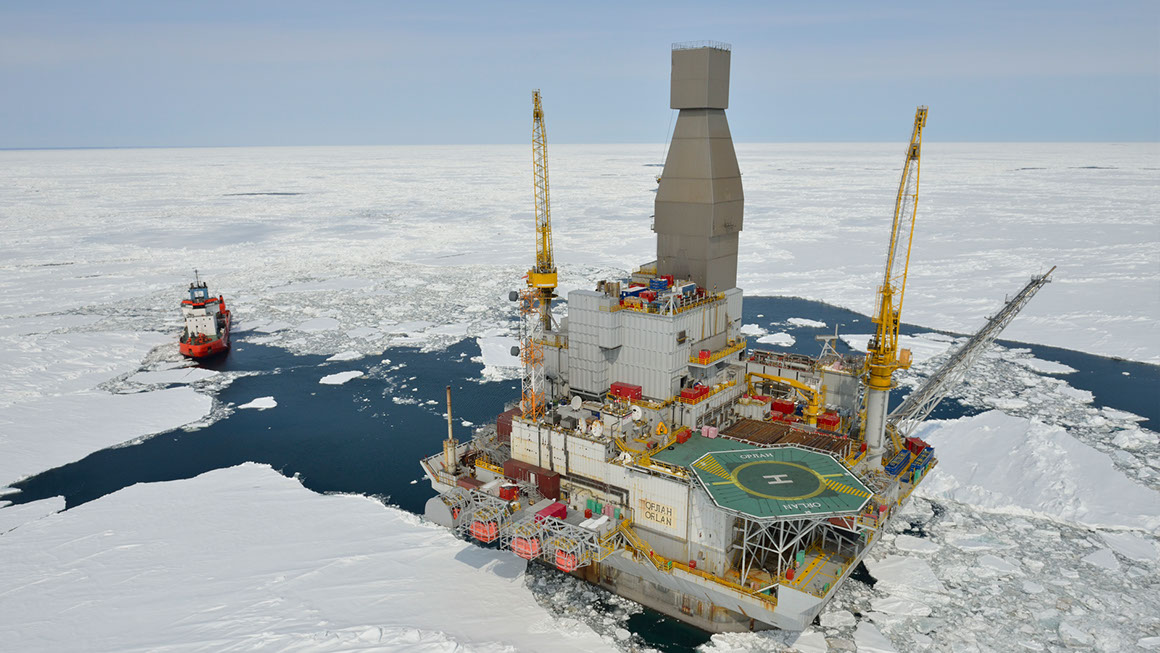The GCC will earn around $500 billion from oil exports in 2022, the highest in nearly a decade, according to experts.
The Qatar Investment Authority (QIA) Chief Investment Officer for Europe, Russia and Turkey says that the entity cannot exit the Russian market and is waiting to evaluate its position there, alluding to the Ukraine crisis.
In March, Russia introduced restrictions to foreign investors trading Russian assets, saying it wanted to ensure decisions to exit were considered and not motivated by political pressure.
“We can’t do much in Russia. We have to really assess where to stand on those opportunities there. I think it is a very difficult position for us, being an investor with one name,” said QIA’s Ahmed Ali Al Hammadi in a panel discussion at the World Economic Forum, according to Reuters.
QIA currently holds a 19 percent stake in the Russian state-backed oil giant Rosneft, which Al Hammadi noted is the sovereign wealth fund’s only holding “of significance” in Russia.
“We can’t [exit]. All foreign investors are restricted from exiting,” Al Hammadi said.
In an interview with BBC in late March, Qatar’s Foreign Minister Sheikh Mohammed bin Abdulrahman Al Thani said that QIA will cease to increase its investments for the time being.
The top diplomat further noted that his country is not planning on making any new investments in Russia until “clarity on the stability of the situation” in Ukraine is attained.
The foreign minister explained that investments in Moscow are currently “under a lot of review” and Qatar is not thinking about boosting its investments there until a “better environment and more political stability” is observed.
The move was seen, by some analysts, as “crystallisation” of a “trend of ‘soft sanctions’ on Russia by its non-Western partners.”
The sovereign wealth fund, however, is still looking into smaller European opportunities.
“We’re looking at new, emerging, I would say growth-state tech companies. Some of them are quite small and fly below our radar, but we believe that we’re seeing a lot of determination from countries like France, Germany, Italy,” Al Hammadi said.
Qatar’s LNG supply amid energy crisis
Qatar’s gross domestic product (GDP) is estimated to increase to 4.9 percent this year due to its boosted hydrocarbon exports of 10 percent, according to the World Bank’s GCC Economic Update report.
The unforeseen economic ramifications unravelled by the Russian-Ukrainian conflict onto the world has specifically had a ‘positive’ effect on Qatar’s economy. “The effects of the war in Ukraine on the commodity markets and of its associated economic sanctions are positive, on balance, for Qatar’s economy, the largest exporter of Liquid Natural Gas in the world,” the World Bank reported.
As EU countries move towards ending their reliance on Russian gas and intensifying their economic response to the invasion of Ukraine, they are keen on securing energy cooperation with the oil-rich Gulf country.
During the Amir Sheikh Tamim bin Hamad Al Thani’s visit to Germany on Friday, Qatar and Germany witnessed an expansion of their energy cooperation in a new declaration signed in Berlin. The agreement focuses on liquified natural gas (LNG) and hydrogen trade. It also entails arranging a Qatari-German working group that will meet regularly to develop trade of LNG and hydrogen.
As for the United Kingdom, a Memorandum of Understanding was signed between QatarEnergy and the Department for Business, Energy and Industrial Strategy. The agreement is aimed at strengthening energy ties between Doha and London.
The move is seen as a means of expanding cooperation on energy security, renewable energy, and decarbonisation grounds.







